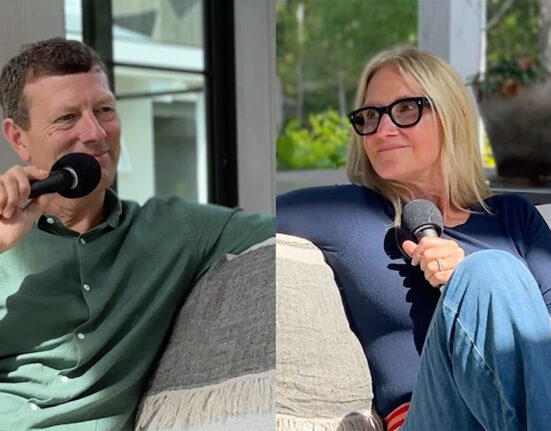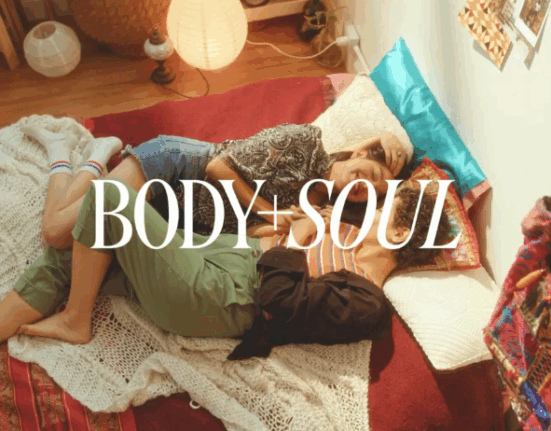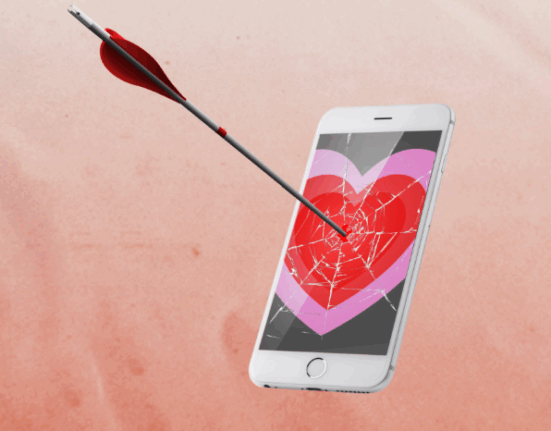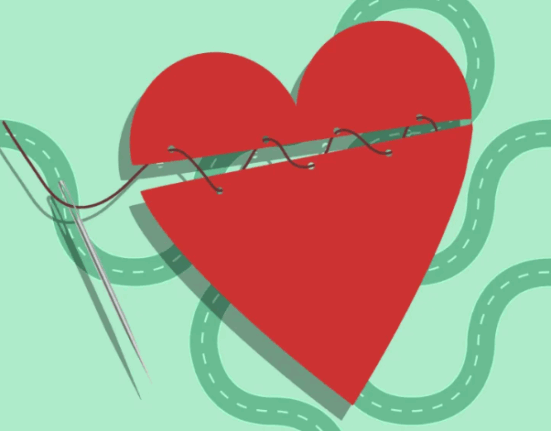Last Updated on September 7, 2023 by Rachel Hall
- What Does Psychologist Lisa Marie Bobby Believe Will Help to Solve Relationship Problems? Hint: it’s Internal, Not External
- What does Dr Lisa Marie Bobby think?
- How mental health problems can affect your relationships
- Solving problems
- Sometimes a new relationship can help, but sometimes the same issues reoccur
- Conclusion
What Does Psychologist Lisa Marie Bobby Believe Will Help to Solve Relationship Problems? Hint: it’s Internal, Not External
In case you weren’t aware, there isn’t a secret to happiness. Even the science of happiness is, well, tricky. One thing that’s certain to make you miserable, though, is being in a bad relationship. We all know couples in long-term relationships who don’t seem to enjoy each other’s company, and you often wonder why they don’t simply call it quits. I would assume it’s because of children, mortgages, familiarity or a fear of the unknown. According to psychologist Lisa Marie Bobby, it’s all about your mindset.
What does Dr Lisa Marie Bobby think?
In an interview with CNBC, Bobby explained her hypothesis, which she calls “false logic”. A person will think they’d be happy and secure in their relationship if their partner texted them more, took them out on dates, or shared more interests. Bobby believes that instead of wanting a partner to change, one should question if they’re doing anything to make themselves unhappy. Does their personal dissatisfaction need to be dealt with, but they’re pretending it’s about their relationship so they don’t have to solve those issues?

How mental health problems can affect your relationships
It seems likely that there isn’t one answer. Feeling bad in a relationship can affect your mental health, and vice versa. If you’re suffering from depression, for example, you’ll probably not want to spend lots of time with your partner doing things, and this can affect your relationship in a negative way. It can spiral if left untreated. Instead, improving your mental health with counselling, medication, mindfulness and self-care can give you endorphins, improve your self-esteem and ultimately make you feel happier, so you’re more enthusiastic about your partner.
Solving problems
Sometimes, staying in unhappy long-term relationships is the wrong thing to do. Sure, it’s hard to leave, but if your partner treats you poorly, makes you feel neglected, doesn’t show you love or affection, won’t be romantic, makes you do endless chores while they go out with their friends or ignore you, it’ll make you sad. Sometimes, it really is your partner’s fault. You can wonder if you’re unhappy and that’s making your relationship bad; or if your relationship is bad and it’s making you unhappy. You can try to solve either problem, or both, but things won’t change unless you make them.

Sometimes a new relationship can help, but sometimes the same issues reoccur
Say you do end your long-term relationship. That’s fine, these things happen. Bobby would warn you that “false logic” might cause problems with future entanglements if you don’t deal with underlying issues. In an interview, she said, “The false logic would be ‘if I were with another person, I wouldn’t feel abandoned any more’… in my experience, you would totally feel abandoned. It would just be for a different set of reasons”. She’s not wrong, although perhaps “abandoned” is the wrong term: underlying issues with yourself and your attitude towards relationships won’t necessarily change if you switch partners, so it’s a good idea to understand if you’re unhappy and projecting, or if your significant other’s shitty behaviour is making you feel like crap.
Conclusion
There isn’t a “number one trap”, any more than there’s a “secret to happiness”. Relationships are tricky, and if it was as simple as following a single rule, we wouldn’t have divorces or cheating. Instead, I’d recommend making time for yourself, checking in on your mental health, and speaking with your partner in a constructive way about any issues you have with your relationship. Occasionally, we might need to have a moan about our partner – you don’t need to feel guilty about that, and there’s always going to be an annoying habit you wish they’d deal with, but if you feel bad all the time, make some changes.

Rachel Hall, M.A., completed her education in English at the University of Pennsylvania and received her master’s degree in family therapy from Northern Washington University. She has been actively involved in the treatment of anxiety disorders, depression, OCD, and coping with life changes and traumatic events for both families and individual clients for over a decade. Her areas of expertise include narrative therapy, cognitive behavioral therapy, and therapy for traumatic cases. In addition, Rachel conducts workshops focusing on the psychology of positive thinking and coping skills for both parents and teens. She has also authored numerous articles on the topics of mental health, stress, family dynamics and parenting.








Leave feedback about this